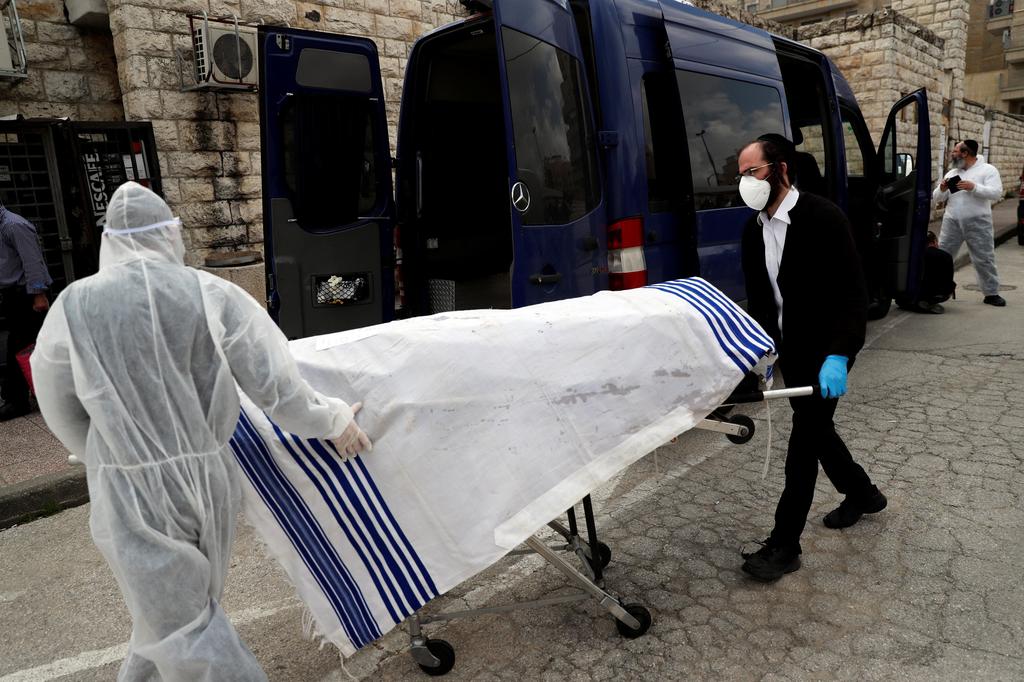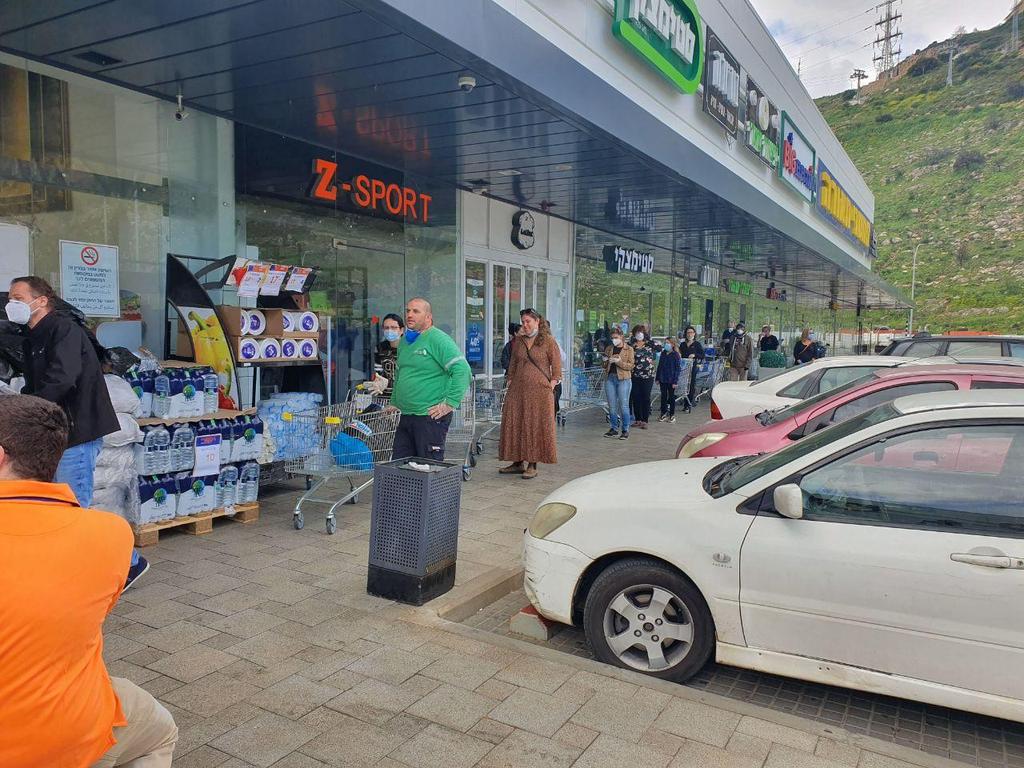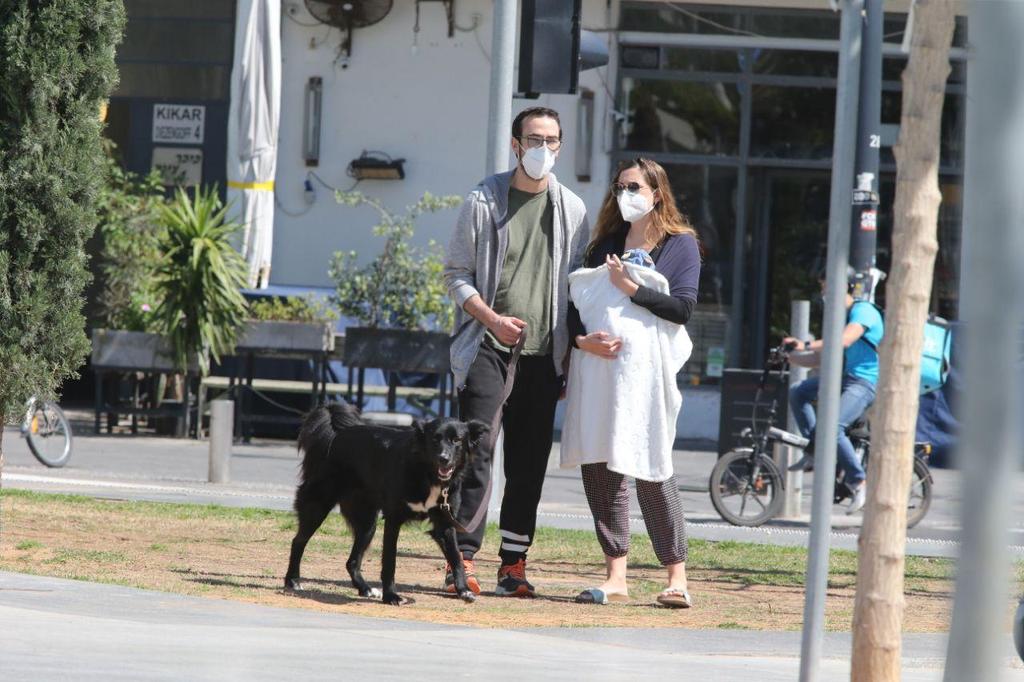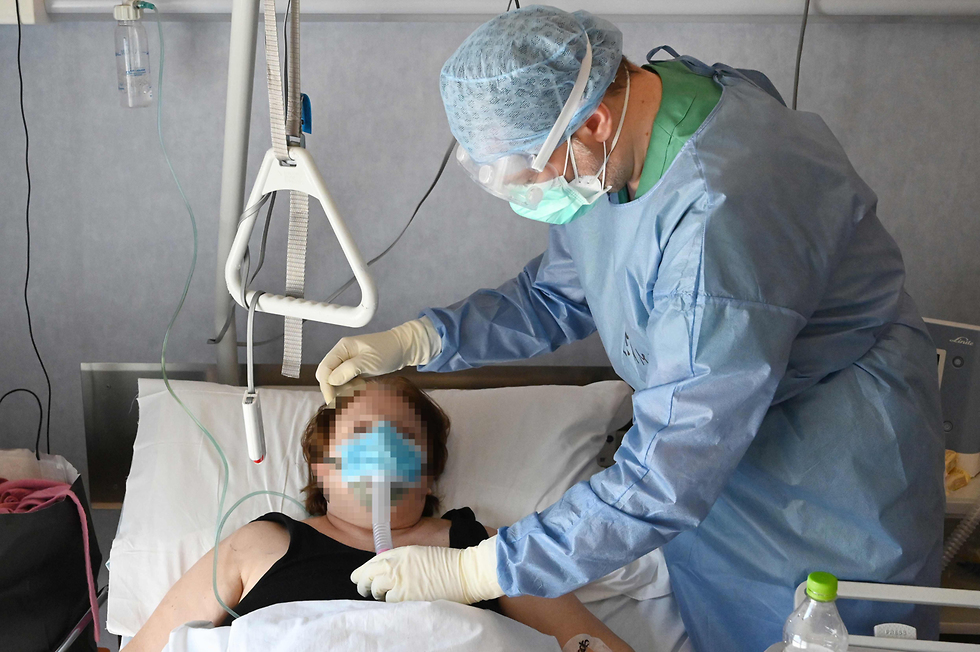Getting your Trinity Audio player ready...
The two English words corona and coroner do not just have phonetic similarity - the stem word for both is derived from “crown.”
The word corona is by now all too familiar to us, and as the now infamous picture reminds us, the virus has a spiked surface that resembles a crown.
4 View gallery


Members of the Jewish Burial Society wear protective gear as they take the body of a coronavirus victim for burial in Jerusalem, April 2, 2020
(Photo: Reuters)
A coroner, on the other hand, is the professional – for centuries tasked by the ruling monarch - whose principal duty is to inquire about the cause of death, especially when there is suspicion that it was due to unnatural causes.
During the present pandemic, as the death toll from the vicious COVID-19 virus rapidly mounts, our perception is that we are by no means dealing with a natural phenomenon.
Actually, death – due to any cause – should be part of our natural discourse. Mortality, after all, defines the human experience.
Unfortunately, the outgrowth of Western culture is a death-denying society. Our priorities orient themselves around youthfulness while our worldview denies the pain and inconvenience that we associate with the end of life.
Suddenly though, a piece of RNA smaller than the width of a hair strand is forcing us to think about death.
We can try to hide behind the musical parodies and funny videos currently swamping social media platforms, but the data from across the world is too compelling. We must now reckon with death - our own.
“Should I still come to the hospital for my radiation treatment?” asks Henri, a patient I’m treating for prostate cancer. The question would have been preposterous six months ago, but this 68-year-old engineer worries that he might have a higher probability of dying from exposure to coronavirus than from his tumor.
I can help Henri sort through the relative risks that are unique to his malignancy and our medical center. There are broader questions, however, that all of us must consider as the virus drums beat louder.
If I get sick, will I want to try an unproven experimental therapy? if I get really sick, will I want an ICU team to hook me up to a ventilator?
The answers to these questions are highly personal. To answer them, we must first become acquainted with our priorities and core values. If we do not engage in this exercise of adulthood, something terrible will happen: others will do the thinking for us.
I bring this up, in part, because I strongly believe that such responsibilities should not be dumped on surrogate decision-makers. Decision makers, like physicians and nurses, who are already overburdened as they sweat it out in protective jumpsuits while trying to do their jobs.
I bring it up for the sake of each individual. Each human being who is struggling with uncertainty and fright. Ironically, though, by confronting those fears and trying to align our values with what might need to be done, we get something back. We restore a feeling that’s been lost - the semblance of control.
Nearly two decades ago, my wife Dvora, a family therapist, and I founded an organization that deals with the nuances of illness and dying. Many could not understand why we would engage in such morose activity.
For years, we had trouble enlisting even our best friends in an effort that was perceived as a downer. With the arrival of a new reality, however, hundreds of volunteers have asked to learn the techniques that enable everyone to have the deep conversations which reveal who we really are. Our virtues. Our needs.
4 View gallery


Israelis queuing to enter a supermarket in Haifa ahead of the Passover holiday
(Photo: Ahiya Raved)
Lately, many have tried to envision a post-virus existence. Will we always cover our faces with masks? Will restaurants have menus that are not restricted to take-away? How early will we have to arrive at airports to be able to go through security checks (assuming, of course, there is still an aviation industry)? All of the futurists who attempt to prognosticate can do no more than offer speculation.
Going forward, I’m quite sure we must be better prepared to confront the coming challenges. These challenges will arise for each of us, whether or not we are immersed in global catastrophe.
By getting in touch with who we really are in the midst of discussing the “what-ifs” of life’s end, we can be uplifted. We can, paradoxically, uncover authenticity and hope.
Ben Corn is a professor of oncology at Shaare Zedek Medical Center in Jerusalem and Executive Chairman of the Life’s Door NGO.
.



